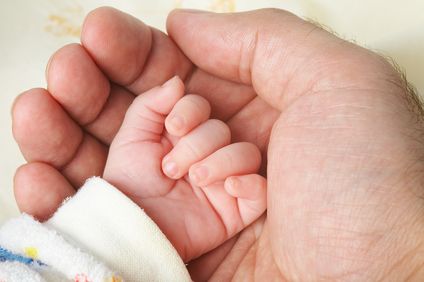State did not make legal errors in forced adoption scandal, court rules

 The child protection council Raad voor de Kinderbescherming did not act illegally in the way it took children from often unmarried young mothers and gave them up for adoption last century, judges in The Hague have decided.
The child protection council Raad voor de Kinderbescherming did not act illegally in the way it took children from often unmarried young mothers and gave them up for adoption last century, judges in The Hague have decided.
The case was brought by women’s campaign group Bureau Clara Wichmann and 75-year-old Trudy Scheele who was forced to give up her son in 1968, even though she wanted to keep the baby.
Between 13,000 and 14,000 women were forced to give up their children for adoption between 1956 and 1984.
Scheele claims that the council actively contributed to persuading young mothers to give up their babies and that she and the other women were not properly informed about their rights and the option of raising a child alone.
Scheele had hoped that by holding the state responsible, she would have had formal acknowledgement of the pain the adoption caused.
The court ruled that it was not the council’s job to advise new mothers and said that the pressure they felt came primarily from wider society, due to the different social and religious norms of the day.
At the same time, the council may have acted illegally in some cases, but now, 50 years on, it is impossible to establish if legal mistakes were made, the court said.
Pain
The lead judge described that case as extremely sad and said that although the council cannot be held liable, that does not take away the pain the women felt.
But the case rests on the legal issues, rather than emotions, the court said. ‘We cannot turn back time,’ the lead judge said. ‘It is not your fault things happened as they did.’
The Bureau Clara Wichman said in a reaction that it was disappointed but is now looking at the option of an appeal. ‘We maintain that the child protection council, and therefore the state, is liable for this injustice,’ the organisation said.
Thank you for donating to DutchNews.nl.
We could not provide the Dutch News service, and keep it free of charge, without the generous support of our readers. Your donations allow us to report on issues you tell us matter, and provide you with a summary of the most important Dutch news each day.
Make a donation